
Someone else’s perspective on working in tech (and in fact at Meta) that I just came across: journals.sagepub.com/doi/10.1177/...
14.10.2025 20:19 — 👍 0 🔁 0 💬 0 📌 0@ang-yu.bsky.social
Recently graduated with a PhD in Sociology from UW-Madison. Currently working as a research scientist at Meta. Studying causal inference. https://ang-yu.github.io/

Someone else’s perspective on working in tech (and in fact at Meta) that I just came across: journals.sagepub.com/doi/10.1177/...
14.10.2025 20:19 — 👍 0 🔁 0 💬 0 📌 0 12.10.2025 15:47 — 👍 1 🔁 0 💬 0 📌 0
12.10.2025 15:47 — 👍 1 🔁 0 💬 0 📌 0
Maybe there's something in McDonald's coffee today, but I find myself totally amazed by the basic premise of statistics again on a Sunday morning. It's nothing short of a miracle that we have a way to know the world with mathematically guaranteed unbiasedness and efficiency.
12.10.2025 15:36 — 👍 2 🔁 0 💬 0 📌 0
Something to look forward to 🤩: www.cambridge.org/core/books/c...
06.10.2025 00:25 — 👍 3 🔁 3 💬 0 📌 0I just realized the two ASAs (sociology and statistics) will have their annual meetings in the same place (Chicago) and at the same time in 2027 👀
04.10.2025 18:57 — 👍 2 🔁 0 💬 0 📌 0
I had a wonderful time visiting the casual causal group at Berkeley today!
19.09.2025 02:44 — 👍 7 🔁 0 💬 0 📌 0Thank you so much Julia for the wonderful summary (and advertisement 😉) of our paper!!!😁
15.08.2025 18:46 — 👍 1 🔁 0 💬 0 📌 0I’ve been elected as the student representative on the ASA (the soc one, not the stats one) Methods Section council (after two failed runs in previous years😂)! I'm looking forward to contributing to the methodology community over the next 2 years in this role!
29.07.2025 01:05 — 👍 5 🔁 0 💬 0 📌 0

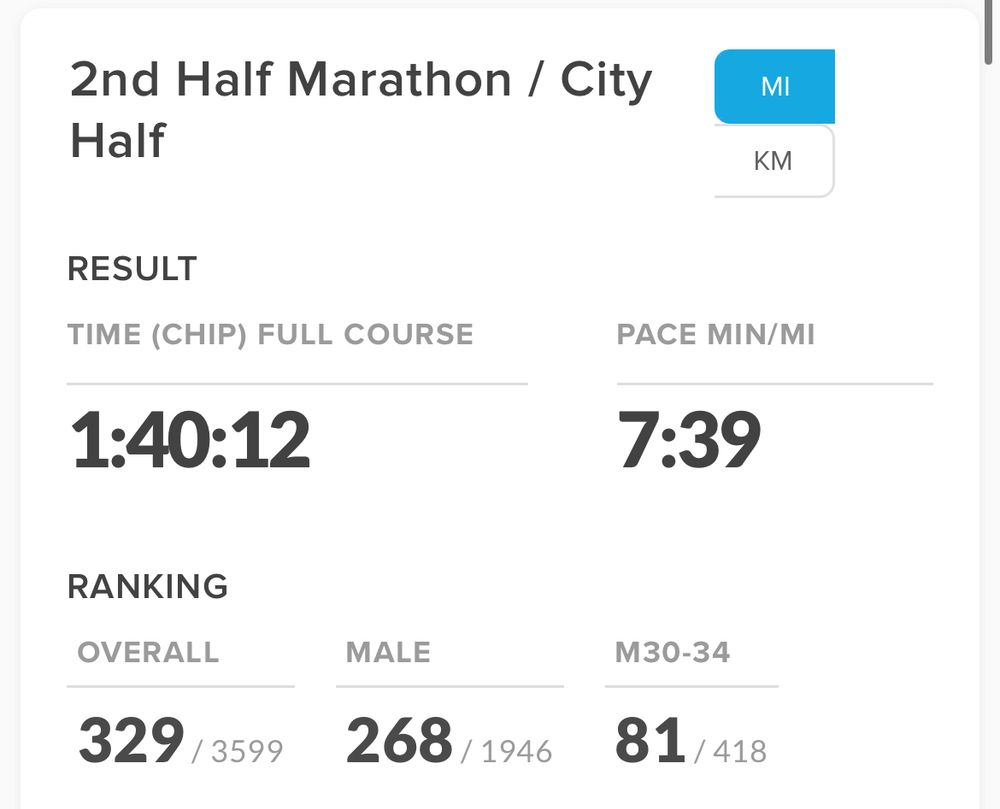
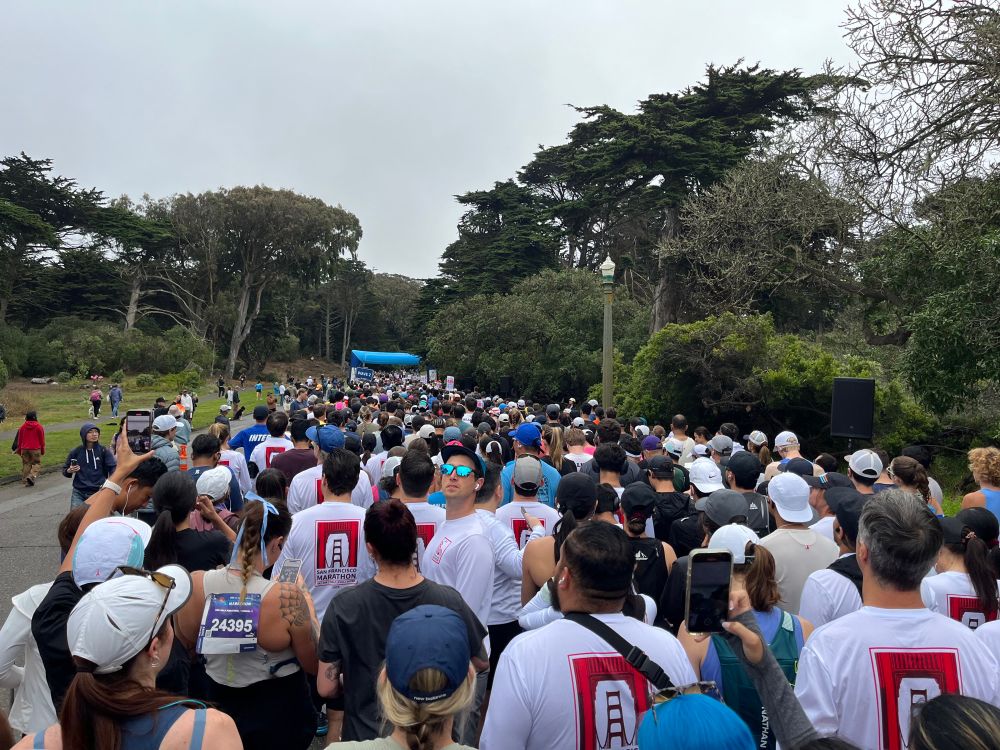
New PB in half marathon!
27.07.2025 20:51 — 👍 0 🔁 0 💬 0 📌 0Thanks! And yes I know! 😄
26.07.2025 16:09 — 👍 1 🔁 0 💬 0 📌 0Belated announcement: I joined Meta as a research scientist in May! Happy to meet up or catch up if you are in the Bay Area! 😁
26.07.2025 04:22 — 👍 9 🔁 0 💬 1 📌 0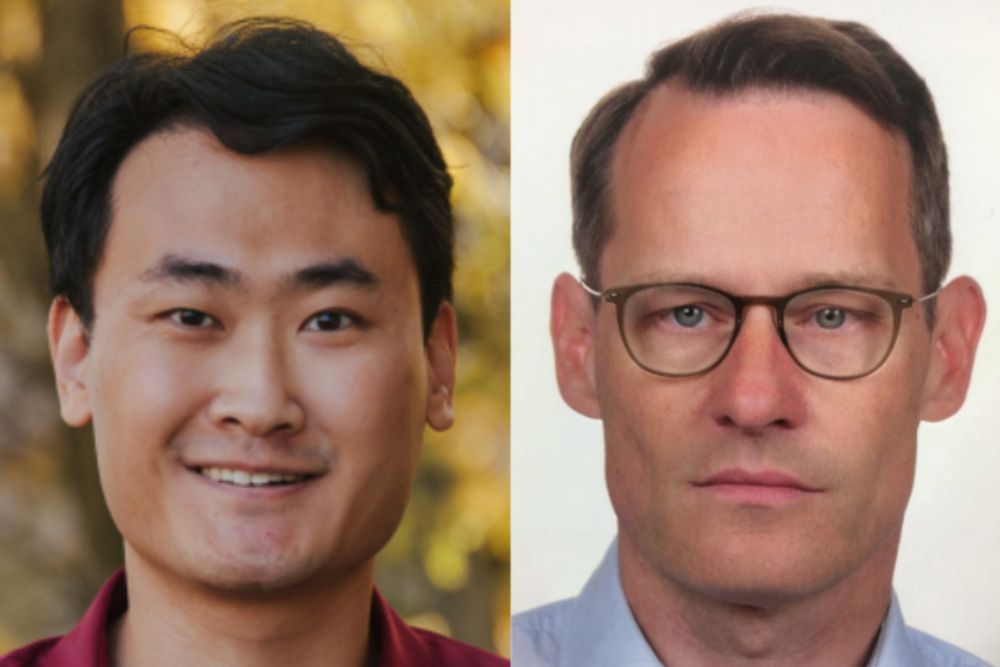
IDS affiliate Felix Elwert of @uwsoc.bsky.social and @ang-yu.bsky.social have uncovered a new approach to measuring the causes of inequalities between groups. Read about it at ids.wisc.edu/2025/07/08/y...
08.07.2025 15:50 — 👍 7 🔁 3 💬 0 📌 0
What would you replace pumpkins with?
22.06.2025 22:54 — 👍 0 🔁 0 💬 0 📌 0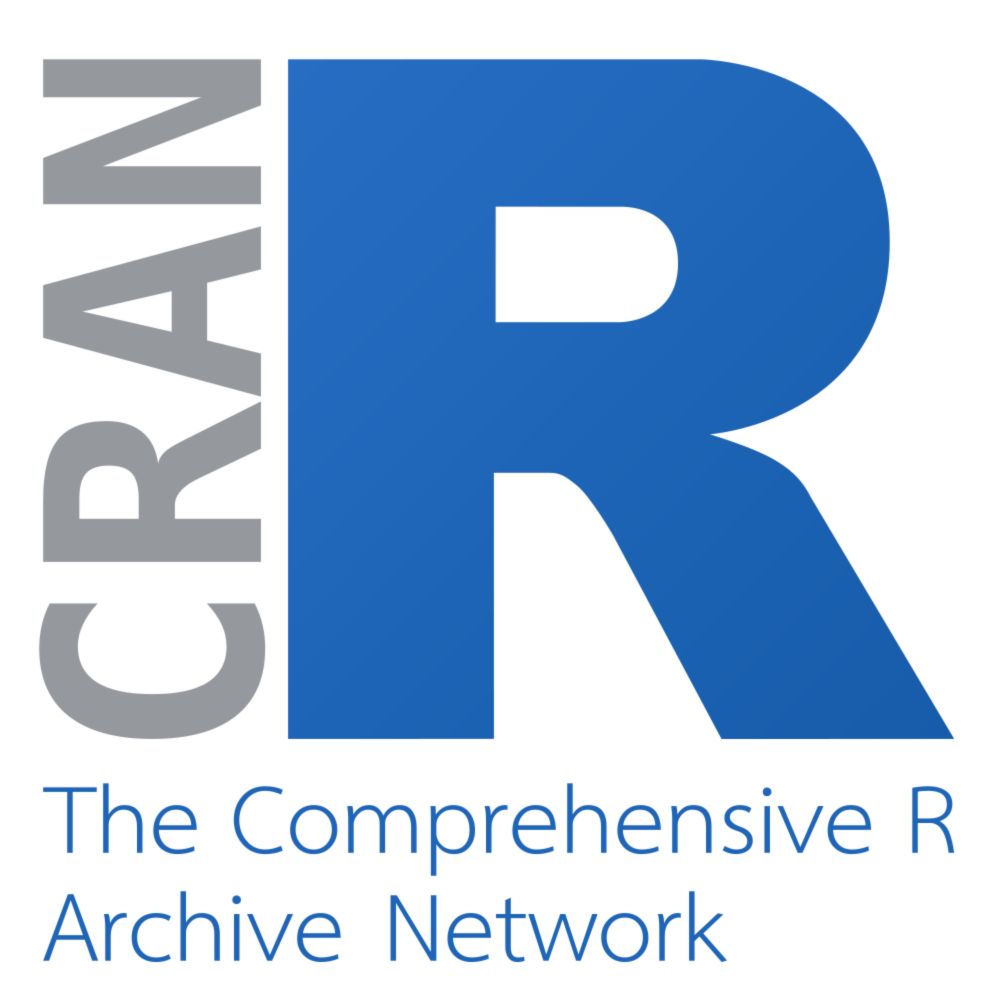
The cdgd package now accommodates sampling weights! As always, let me know if you run into any issues using the package.
cran.r-project.org/web/packages...
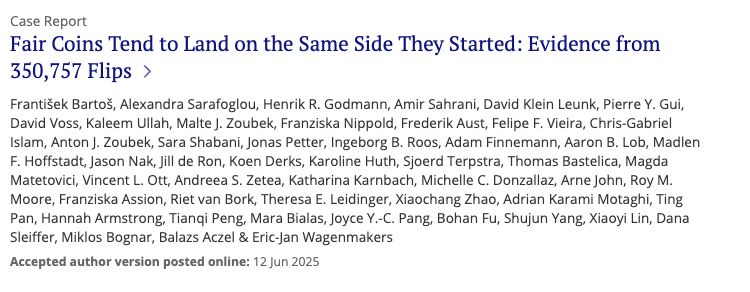
Groundbreaking paper in JASA
12.06.2025 16:13 — 👍 0 🔁 0 💬 0 📌 0These estimands quantify the counterfactual association between an outcome and a continuous covariate under interventions on an intermediate variable. In social stratification, they offer a principled framework for reassessing the great equalizer thesis and Mare’s school transition thesis.
09.06.2025 18:19 — 👍 0 🔁 0 💬 0 📌 0
My paper with Jiwei Zhao is now online in Sociological Methodology! In this article, we propose a new class of counterfactual slope estimands along with corresponding estimation techniques. journals.sagepub.com/doi/10.1177/...
09.06.2025 18:19 — 👍 5 🔁 1 💬 1 📌 0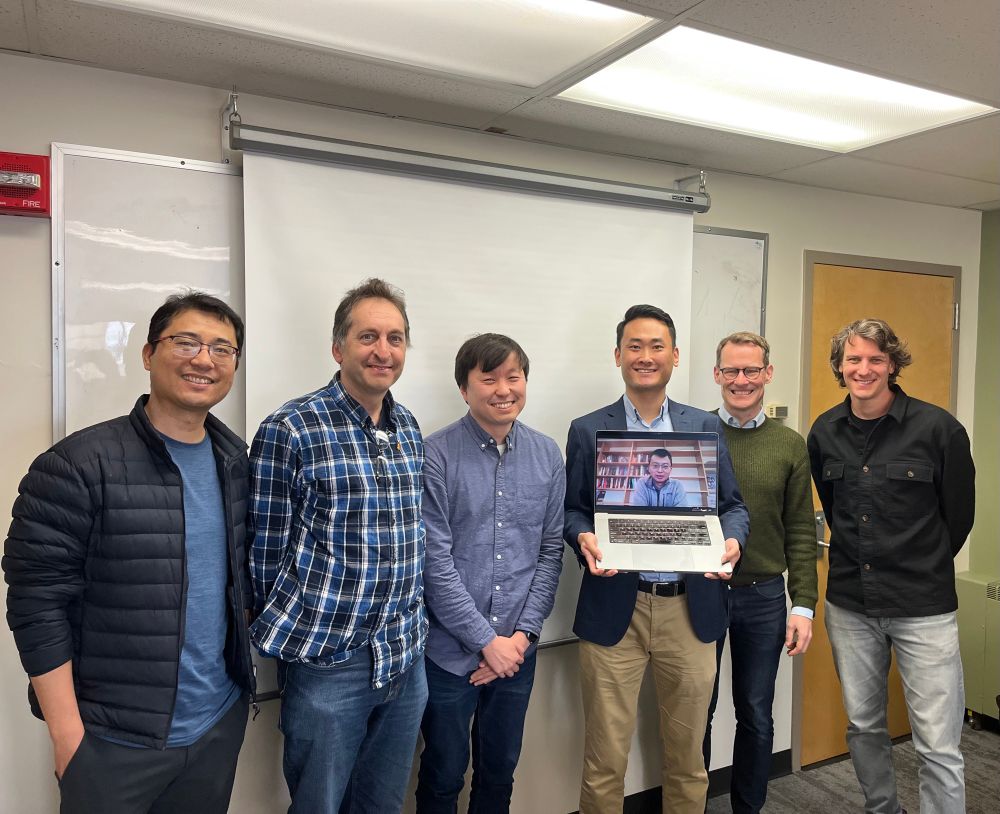
I just defended my dissertation! 😌
01.05.2025 18:52 — 👍 2 🔁 0 💬 0 📌 0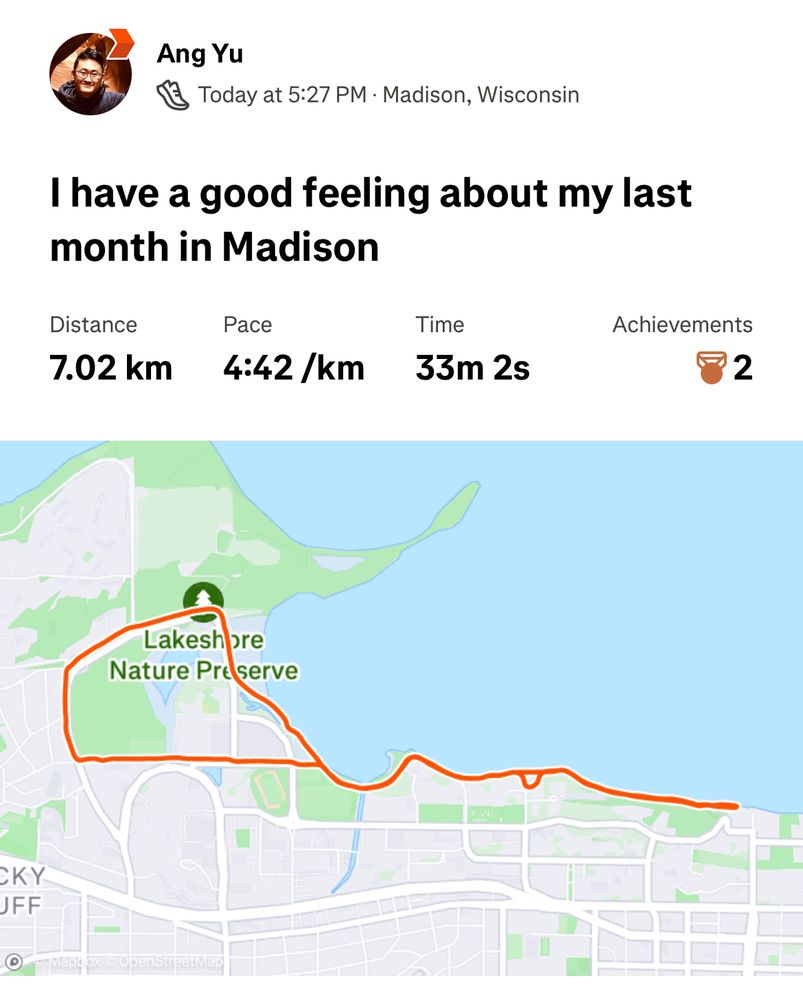 26.03.2025 23:11 — 👍 0 🔁 0 💬 0 📌 0
26.03.2025 23:11 — 👍 0 🔁 0 💬 0 📌 0
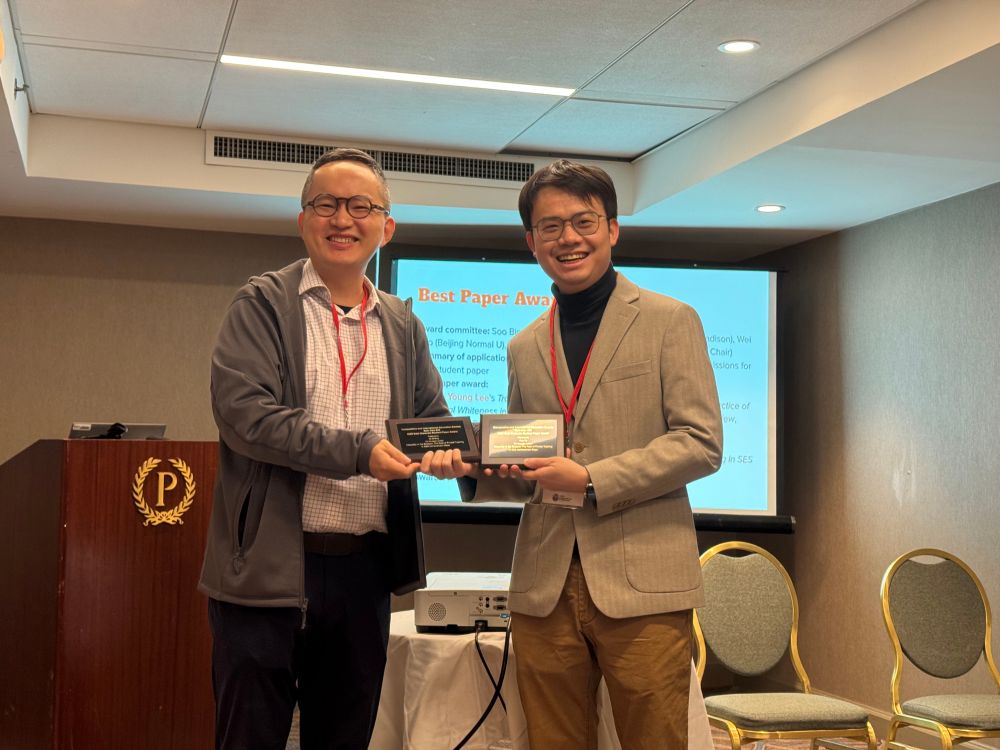
Thrilled to receive the Best Student Paper Award from the CIES East Asia SIG for our paper published in Social Science Research with @ang-yu.bsky.social! It’s my first time at the conference, and I’m loving the vibrant community.
26.03.2025 02:20 — 👍 3 🔁 1 💬 1 📌 0David you are too kind😆😆
20.03.2025 16:13 — 👍 0 🔁 0 💬 0 📌 0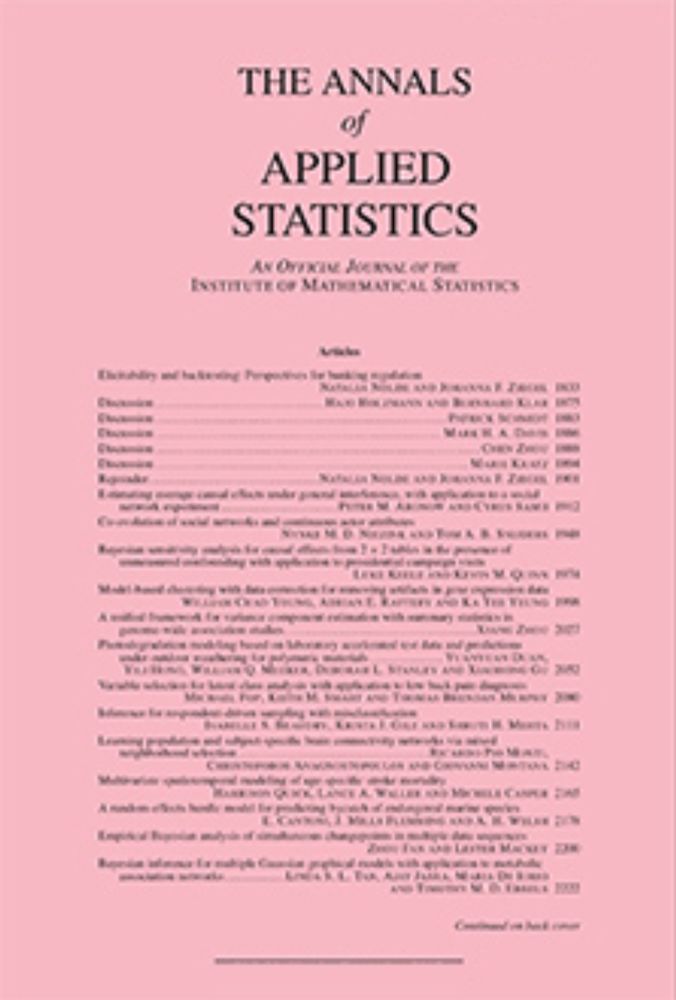
My paper on causal decomposition of group disparities is out in the Annals of Applied Statistics! If you are looking to explain group differences, this is likely the methodological framework for you! doi.org/10.1214/24-A...
20.03.2025 12:53 — 👍 12 🔁 3 💬 0 📌 1No sir, it’s logit outcome group 😉
02.03.2025 16:52 — 👍 0 🔁 0 💬 0 📌 0And social science is the Titanic? 😆
27.02.2025 17:29 — 👍 1 🔁 0 💬 0 📌 0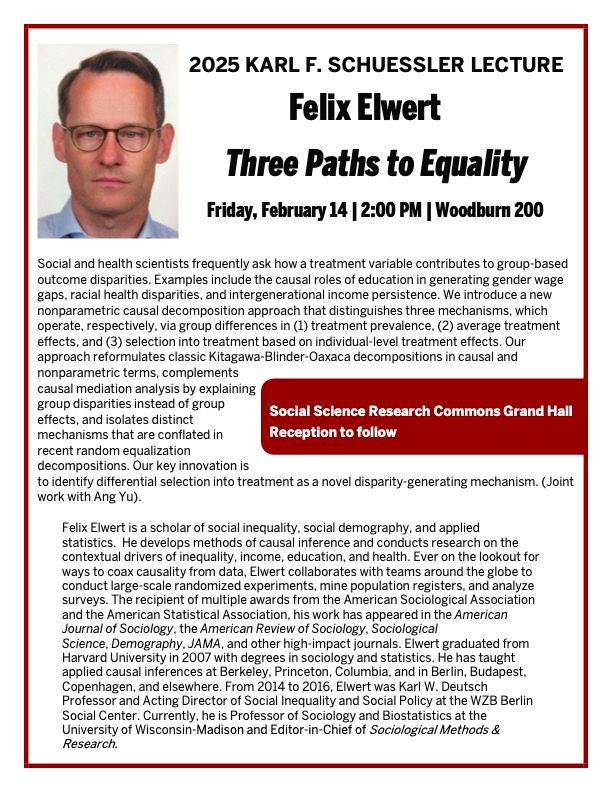
Dr. Felix Elwert, Professor of Sociology and Biostatistics at the University of Wisconsin (@uwsoc.bsky.social), presents "Three Paths to Equality" as this year's Schuessler Lecture. Join us next Friday (2/14) in the SSRC at 2pm. Reception to follow.
07.02.2025 19:59 — 👍 4 🔁 3 💬 0 📌 1
Two Sociology faculty have recently received Vilas awards. Congratulations to Felix Elwert for his Vilas Distinguished Achievement Professorship and Michael Massoglia for his Vilas Mid-career award! sociology.wisc.edu/2025/01/07/v...
08.01.2025 20:14 — 👍 12 🔁 2 💬 0 📌 1Got it. I assumed it was about how to present *all* coefficients of a regression. Also, in observational settings, if an estimand can be directly captured by a coefficient in a regression, the regression is likely too restrictive (to capture an ATE by a reg coef, one needs to assume constant effect)
18.12.2024 02:34 — 👍 2 🔁 0 💬 1 📌 0